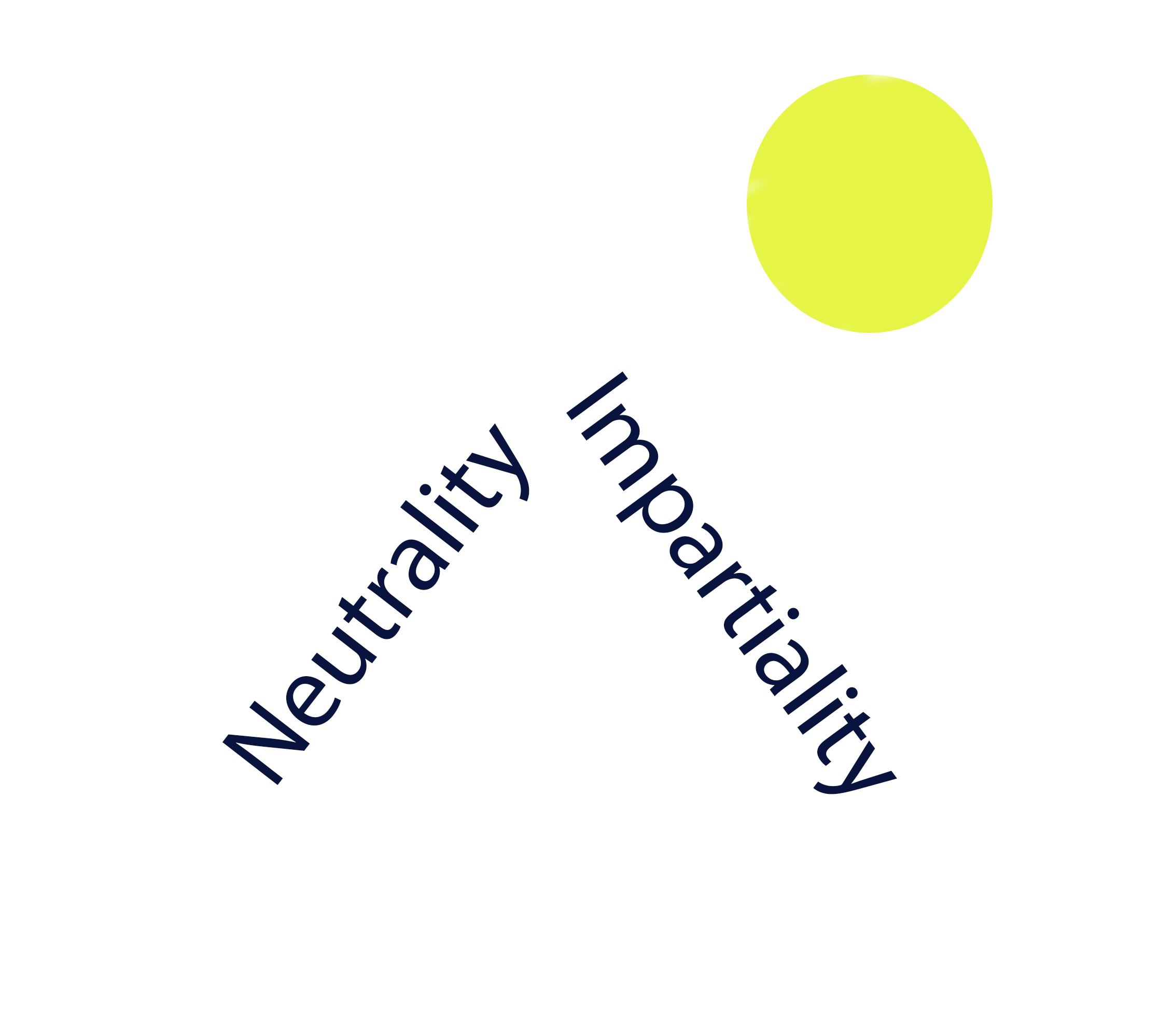
It can be difficult to separate ourselves from a conflict or specific disagreement whether we are directly involved or not. For example, in most cases, we’ve likely formed a belief or set of beliefs on the matter which yields a certain type of disposition. Many of our viewpoints are formed as a result of the values we hold – these may evoke strong intellectual and emotional responses that move us to argue in different ways. The practice of conflict resolution can enable third-party facilitators such as mediators to take a step back from personal engagement. This is vital to the potential benefits they can offer parties who are in conflict. For a moment, think about the challenges associated with mitigating conflicts especially when we know the parties or have a strong feeling about the issue – it can be said that bias, for instance, is at least one formidable factor to overcome. Thus, calling on a clear neutral who has experience with applying resolution methods while dealing with biases can be extremely valuable.
I’ve found that it is absolutely critical to address parties with impartiality and neutrality in mind. Concerning mediation, impartiality is often noted as the guiding principle of facilitating conflict resolution processes without maintaining specific preference, favor, or bias. On the other hand, neutrality refers to making sure that the relationships are on equal ground. For example, certain persuasive actions can be unethical, and generally do not produce optimal outcomes – facilitators should be ready and equipped to wisely counteract and deal with such behaviors. In a situation laden with dissonance and competition, their ability to uphold impartiality and neutrality is fundamental when attempting to build an environment of trust and communication. This capacity additionally leans on continuous learning, practice, and evaluation. As Christopher W. Moore puts it:
“Impartiality and neutrality do not mean that the mediator may not have a personal opinion about a desirable outcome to a dispute. No one can be entirely impartial. What impartiality and neutrality do signify is that mediators can separate themselves from the performance of their duties and focus on ways to help the parties make their own decisions without unduly favoring one of them”*.
In conclusion, I strongly believe that conflict resolution practitioners should guide dialogue with these values on the table. Doing so invites participation in a fair and creative space. When I’m in the data gathering stage of a mediation, I make sure that Clayton Jr. Mediation will be able to accomplish this throughout the entire process before moving forward. The success of future mediation – with specific respect to problem-solving and justice – depends a great deal on the upkeep of neutrality and impartiality. If you’re searching for a mediation practice that stays committed to those ethics, then look no further.
CJ Clayton Jr.
01/18/2019
Resource:
*Moore, Christopher W. 1996. The Mediation Process. San Francisco: Jossey-Bass Publishers.
